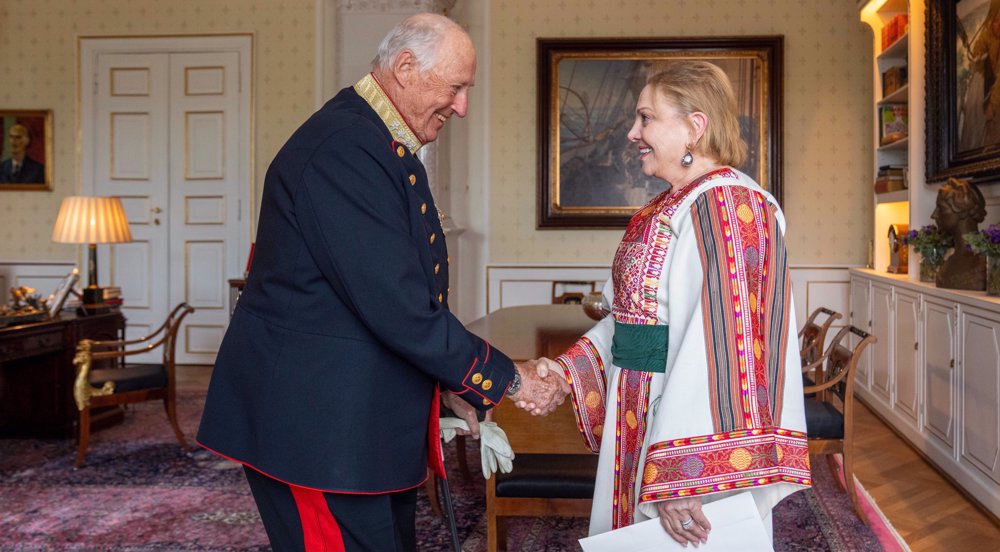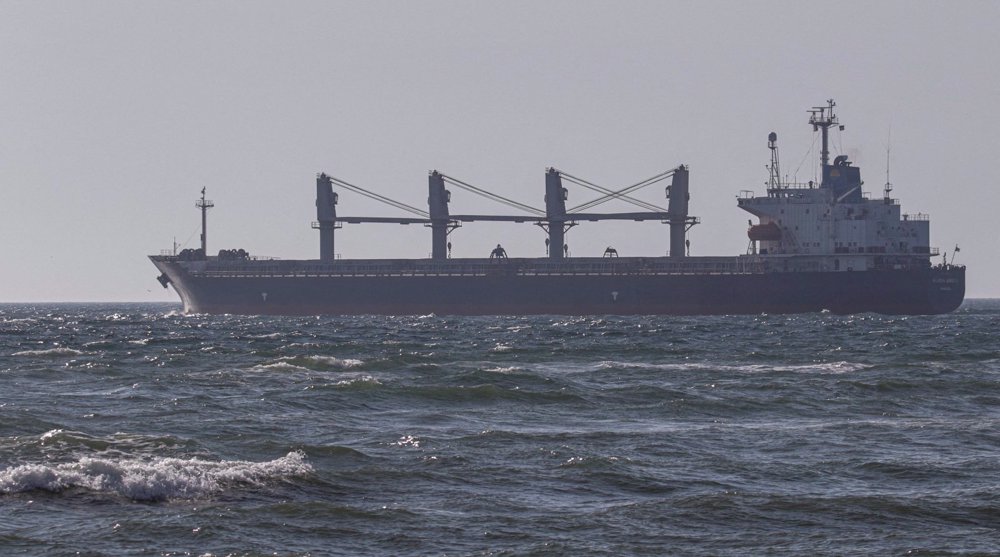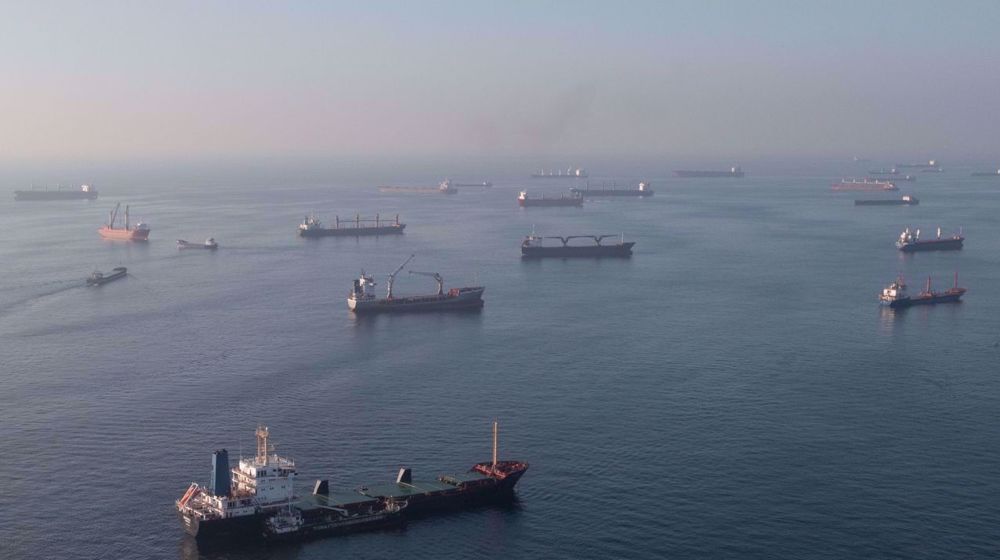Black Sea grain deal extended for 120 days: Ukraine
Ukraine says it has reached an agreement with Russia and Turkey to extend a United Nations-brokered initiative to ship out grain by 120 days.
The country's Infrastructure Minister Oleksandr Kubrakov said in a tweet on Thursday that the "decision was just taken in Istanbul."
"The United Nations and Turkey remain guarantors of the Initiative," he added.
The initial deal between Russia and Ukraine was reached in July to allow the export of food and fertilizers from several of Ukraine's Black Sea ports, including Chernomorsk, Odessa, and Yuzhny.
Turkish President President Recep Tayyip Erdogan also said in a tweet that "as a result of four-way talks hosted by Türkiye, the Black Sea Grain Corridor Agreement was extended for 120 days as of Nov. 19, 2022, in line with the decision taken between Türkiye, the United Nations, the Russian Federation, and Ukraine.”
He thanked UN Secretary-General Antonio Guterres, Russian President Vladimir Putin, and Ukrainian President Volodymr Zelensyky "for their willingness to extend the agreement."
Guterres also welcomed the agreement on Thursday, saying the UN was "fully committed to removing the remaining obstacles to exporting food and fertilizers from the Russian Federation."
The initial agreement put in place a procedure that guaranteed the safety of ships carrying Ukrainian grain, other foodstuff, and fertilizer through a humanitarian corridor in the Black Sea.
Under the deal, all vessels coming to and from Ukraine's ports were inspected and monitored by international teams made up of officials from Russia, Ukraine, Turkey, and the UN.
Russia halted participation in the deal earlier this month after a drone attack against its Black Sea Fleet in the Crimean port of Sevastopol. Moscow accused Ukraine of carrying out the attack with support from Britain.
According to the UN, Ukraine normally supplies the world with around 45 million tons of grain every year. It ranks among the top five global exporters of barley, corn, and wheat. It is also by far the biggest exporter of sunflower oil, accounting for 46% of the world's exports.
Prices of wheat and corn on global commodities markets fell after Russia's decision to return to the pact.

World leaders, mourners bid farewell to Pope Francis at funeral in Rome

Norway establishes diplomatic ties with State of Palestine amid Israel's Gaza genocide

Ukraine may have to 'give up land' to Russia to secure peace: Kiev mayor
No talks on tariffs between China, US: Chinese Foreign Ministry
Hamas: No partial truce, only comprehensive deal acceptable
Yemeni forces target Israeli Nevatim Airbase in retaliatory missile strike
Pakistan carried out US ‘dirty work’ for 30 years: Defense minister
VIDEO | Huge explosion rocks Shahid Rajaee port in southern Iran; over 400 injured
Pakistan says ready to ‘defend sovereignty’ amid rising tensions with India
VIDEO | World leaders, mourners bid farewell to Pope Francis at funeral in Rome
Europe sidelined in indirect Iran-US talks








 This makes it easy to access the Press TV website
This makes it easy to access the Press TV website